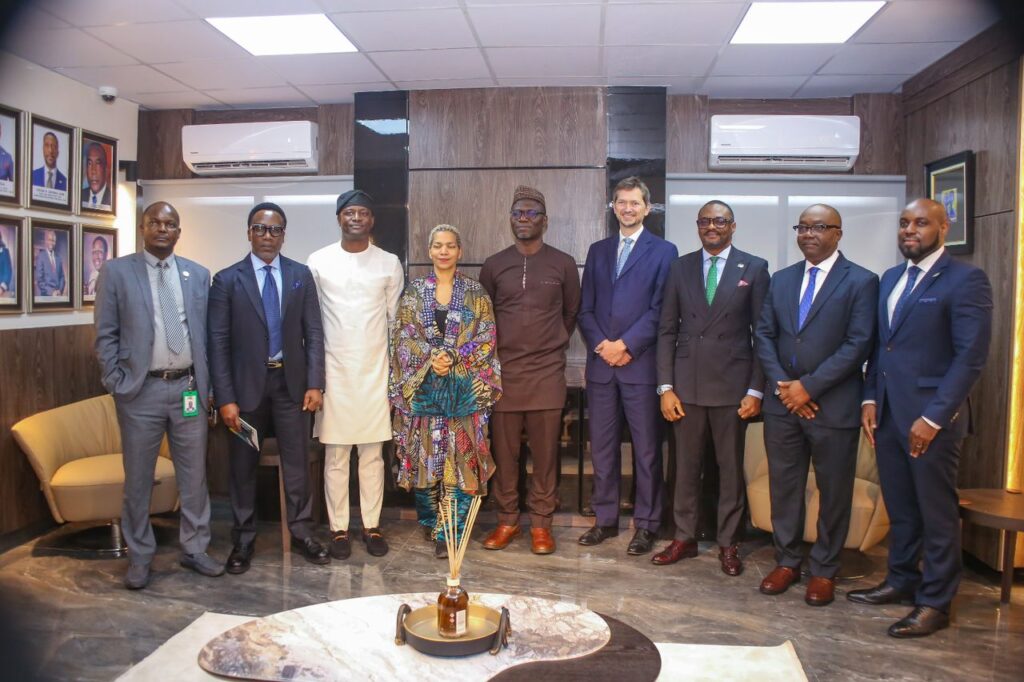By: Goodluck E. Adubazi, Abuja.
The Director-General of the Nigerian Meteorological Agency (NiMet), Professor Charles Anosike, has highlighted the impact of weather on financial institutions. Speaking during the ISSB Preparers Readiness Programme and Investor Roundtable hosted by the Nigerian Exchange Group, he stressed that global risks are affecting financial institutions through increased costs, physical risks, liquidity issues, among others.
This was in reference to the World Economic Forum (WEF), which has identified increasing extreme weather events as a top global risk, impacting financial institutions through higher costs, physical damages, and liquidity challenges.
These extreme weather events present both short-term and long-term risks, highlighting their significant and growing economic costs, disproportionate impact on developing countries, and potential to trigger food price shocks, supply chain disruptions, and rising insurance costs.
In Nigeria, financial institutions face heightened credit risks when borrowers’ ability to repay loans is undermined by climate-related disasters. Market risks also increase as the value of certain assets declines. Additionally, growing climate damages are straining private insurance markets, shifting more costs to government-backed plans, and raising concerns about their sustainability.
Professor Anosike emphasized the need for collaboration to integrate contextual meteorological data into sustainability reporting and to close climate data gaps in Nigeria.
“Meteorology provides the fundamental weather and climate data that form the foundation for sustainability reporting. It is crucial for disaster preparedness, public health, building and construction, agricultural productivity, food security, marine operations, the extractive sector, aviation safety, and indeed, a sustainable economy,” he said.
The Nigerian Meteorological Agency (NiMet) was established by the Federal Government of Nigeria with the mandate to observe, collect, process, and disseminate weather and climate information for the safety of lives and property. It is responsible for making weather and climate predictions across various timescales and ensuring timely communication of information to support sustainable socio-economic development in Nigeria.
NiMet has been at the forefront of climate data management and people-centered early warning systems. Professor Anosike noted that greater investment, stronger collaboration, and improved climate data sharing are critical for effective sustainability reporting, fostering trust, transparency, and collective progress towards climate-informed goals.
“I look forward to further engagement with financial regulators and stakeholders to scale up access to climate data, strengthen climate finance, and entrench enduring resilience in our financial markets,” the statement concluded.

